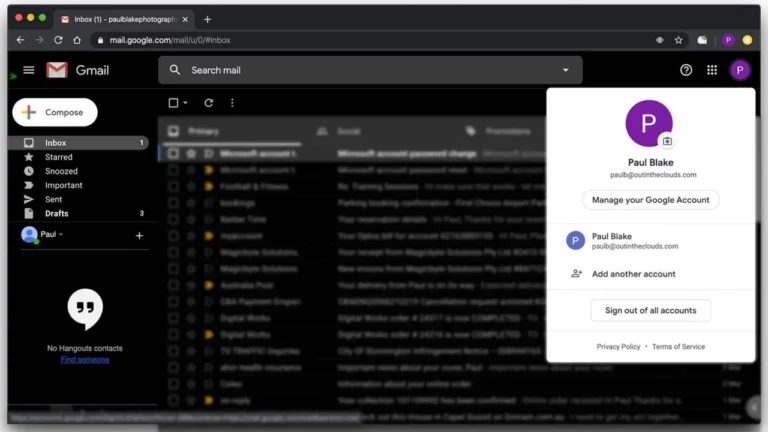The future of work and technology. Why do you need to embrace it?
A hot topic is always “what will the future of work and technology look like?” While some people are worried about how AI will affect job security, we wanted to explore how tech will move the workforce forward.
What: Tech and the enabling of the corporate gig economy
The gig economy refers to the growing number of workers dropping traditional employment favouring working autonomously on a task-by-task basis for multiple employers. With companies trying to reduce costs and liabilities, we will see the gig economy continue to increase as people are employed as specialists or freelancers and then move on to the next gig. More positions will become fluid within businesses, with gig workers, simultaneity working on multiple projects, giving people independence and freedom to choose when and where to work.
Why: To cater to this growing segment of workers who want flexibility in their choice of work and account for the growth of divisions like machine learning and AI, especially in the tech industry.
What: AI solutions & data proficiency
Businesses worldwide face a significant lack of tech talent, which makes us think that soon companies will have to invest time and money into upskilling their existing employees rather than hiring new ones to fill the void. Employees will be required to understand how they can integrate AI capabilities into their everyday tasks. Tech upskilling will be a valuable asset in boosting productivity and streamlining autonomous tasks for employees while giving the business a boost in earnings.
Why: To meet customers expectations, businesses will want to accurately and efficiently understand the customer to be more competitive.
What: Adoption of Smart Virtual Assistants
Employees across all divisions will begin to use a virtual assistant to increase their productivity and improve workplace experiences.
Employees will quickly give virtual assistants tasks to complete in the background without stopping their workflow. Along with eliminating mundane tasks, virtual assistants will simplify more complicated tasks. Right now, virtual assistant software can retrieve information and institutional knowledge from complex systems to achieve results more efficiently.
Why: We live in a world where the need for speed in all aspects of our lives is expected – the workplace is no exception.
What: Digital Security
With most of us working from varied locations, a remote workplace is now the norm; cybersecurity has never been more critical. Right now, you are providing staff with easy access to applications, endpoints, data and networks from anywhere to achieve their business objectives may be productive; it’s also exposing your business to various security breaches. As our presence online only increases – investing in a preventive security tool that is more cost-effective than dealing with the tremendous damage and resulting financial liability of a breach.
Why: Your employees work remotely more than ever, using third-party mobile applications and their own devices to perform essential work functions.







